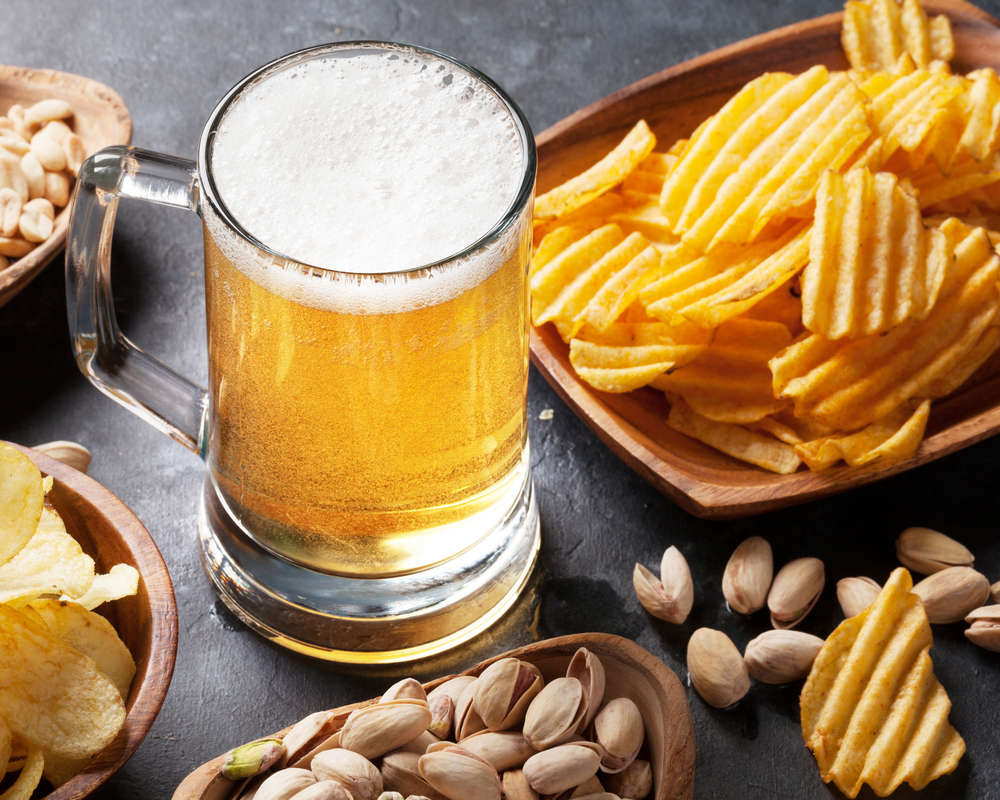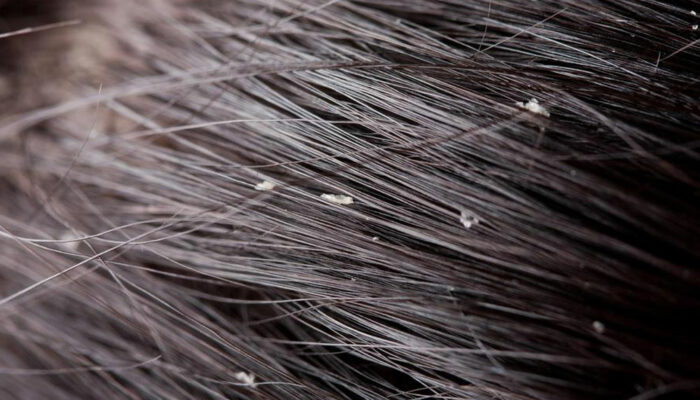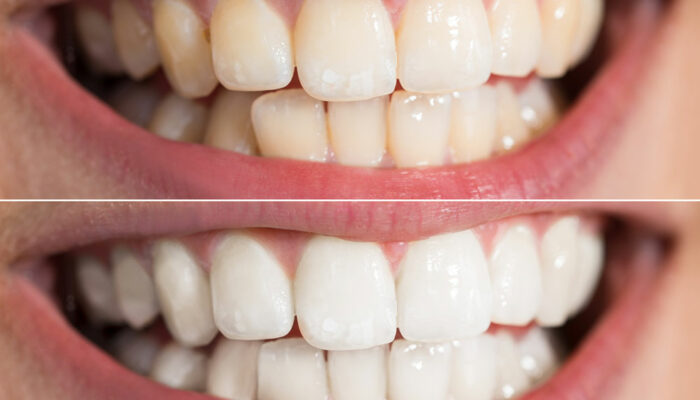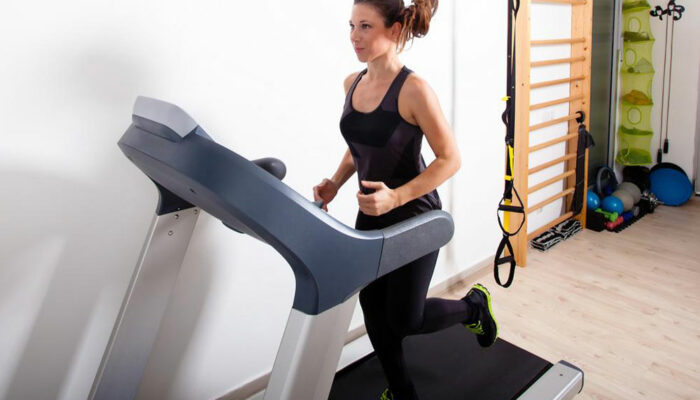
Foods to Avoid for Osteoporosis
Osteoporosis refers to a bone disease that causes a progressive decline in bone density. While it can be triggered by a variety of different causes, the symptoms of osteoporosis are fairly consistent. In general, patients experience more frequent breaks or fractures, bone pain, decreasing height or stooped posture, and in some cases receding gums. Various environmental factors, including consumption of the following foods, can increase the severity of osteoporosis symptoms:
1. High-salt foods
Salt is one of the most pressing threats to anyone suffering from osteoporosis. Excessive salt intake can result in significant loss and weakening of bone. This is especially concerning for a number of reasons. One of the most significant issues is that this loss is similar to what’s seen with osteoporosis. Therefore, excessive salt intake will magnify the symptoms of osteoporosis. This is made even more concerning by the excessive amount of salt in the average person’s diet. Most Americans consume about twice as much salt than they should. As such it’s important to rethink salt intake when trying to fight the symptoms of osteoporosis.
2. Alcohol
Alcohol can harm almost every aspect of human health. However, it’s particularly bad for people suffering from osteoporosis. Heavy or chronic alcohol use has been shown to contribute to lowered bone mass. What’s more it even interferes with the formation of new bone and healing. This means that alcohol attacks the weak points of osteoporosis in two ways. It speeds up the loss of bone density normally seen with osteoporosis. And on top of this it further impairs one’s ability to fight the condition through delayed skeletal repair.
3. Beans and legumes
At first glance beans seem like they’d be beneficial for people suffering from osteoporosis. Beans are high in protein, fiber, magnesium and several other important nutrients. Many people even classify beans as a superfood. However, beans also contain phytates. Phytates essentially block proper absorption of calcium in the human body. Thankfully one can reduce the phytate level in beans by soaking them in water for a few hours before they’re cooked. As such one can eat beans prepared like this. However, people suffering from osteoporosis should avoid beans if they can’t verify that they’ve been cooked in a way that’ll reduce phytate levels.
4. Foods with excess vitamin A
People should normally ensure they’re getting enough of all their vitamins. And the human body is usually quite good at dealing with excessive levels of vitamins. However, vitamin A poses a unique risk to people with osteoporosis. Excessive levels of vitamin A have been linked to a decrease in overall bone density. However, it’s important to note that this hasn’t been seen with the plant based variant of vitamin A called beta carotene. As such one should try to increase intake of foods with beta carotene. This includes carrots, sweet potatoes and kale. At the same time one should reduce intake of foods with standard vitamin A such as liver. It’s also important to note that while milk is fortified with Vitamin A it’s not at significant enough levels to pose additional risk.
5. Caffeine
Food and drink containing caffeine has been shown to reduce bone mineral density and increase risk of hip fracture. Because of this risk it’s usually best for people with osteoporosis to avoid coffee, tea and soda which contain caffeine. If one still wants to enjoy these beverages it’s best to look for decaffeinated versions.



